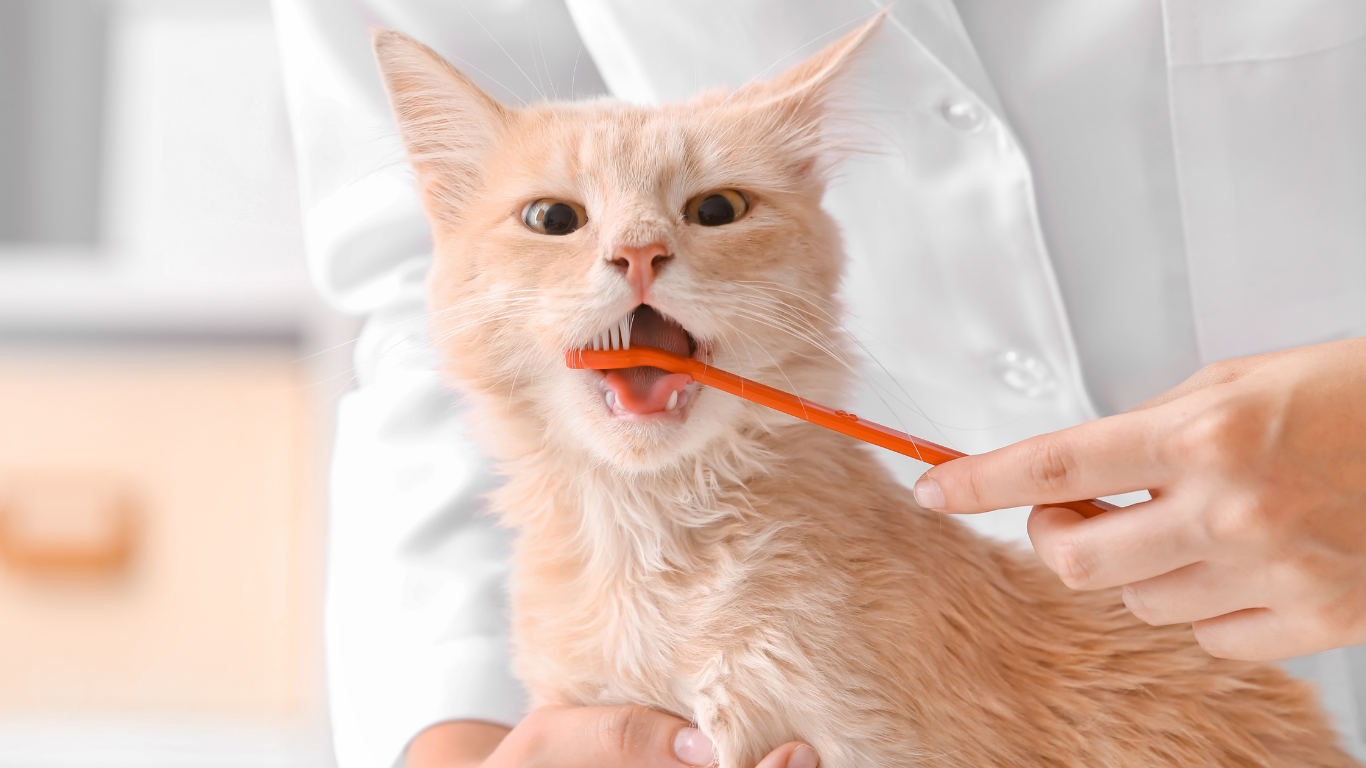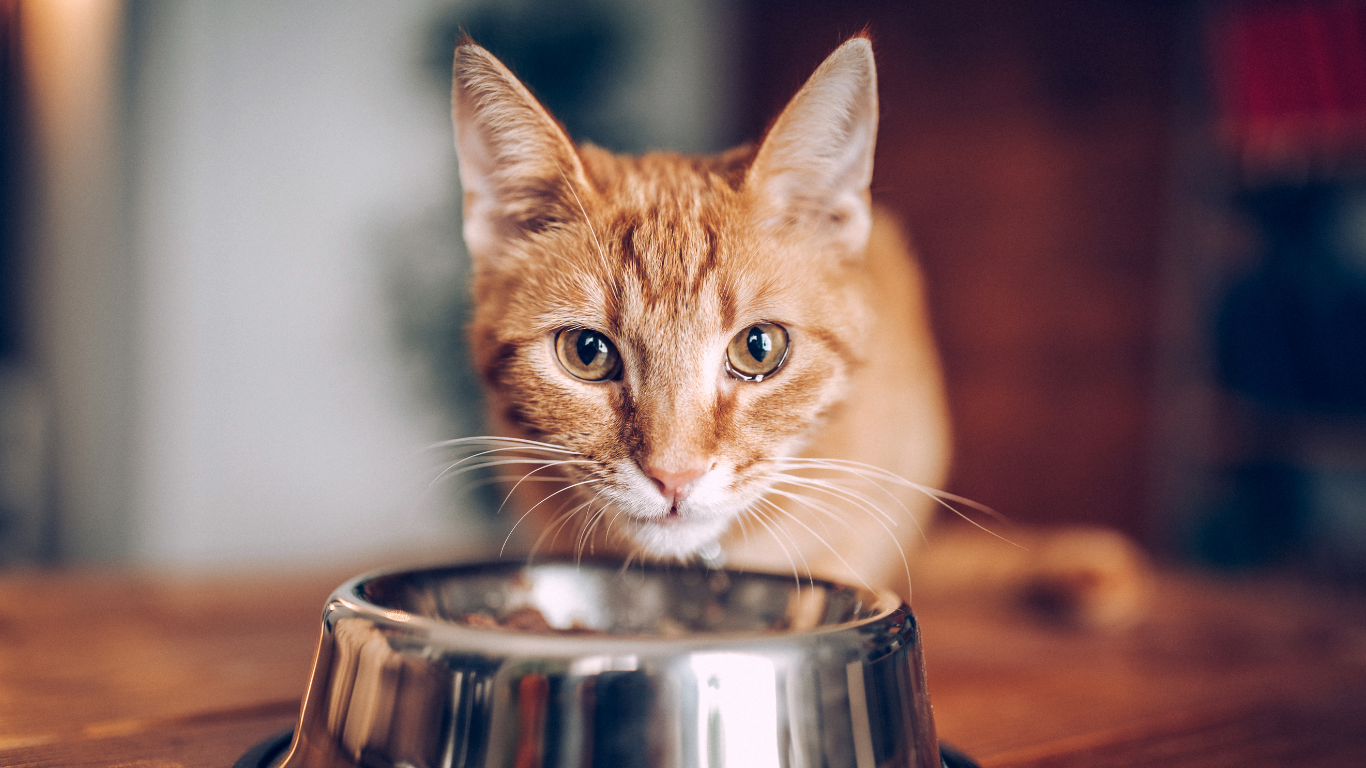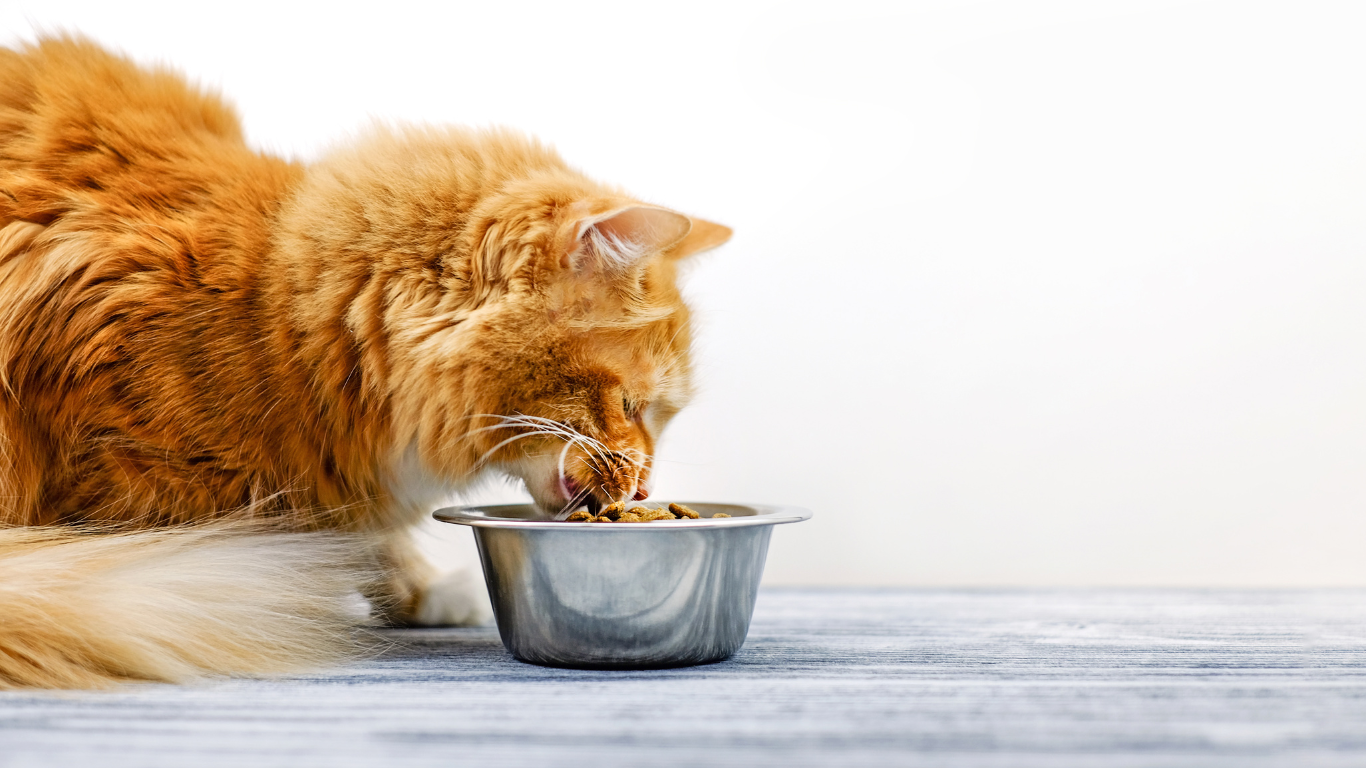
Cat bad breath, also known as foetor ex ore, occurs in many cats and can have a variety of causes.
Causes of bad breath in cats
- Young cats can experience temporary foetor ex ore when their teeth change.
- Health problems in the oral cavity caused by inflammation of the gums (gingivitis, periodontitis and even stomatitis, when the entire oral cavity of the cat is inflamed), viral or bacterial causes, tartar, but also mostly malignant tumors often cause a very unpleasant smell. A special disease of the teeth in cats is the so-called FORL, in which the tooth and the tooth root dissolve, presumably due to a calcium deficiency. It is one of the most common and painful diseases in cats and can occur in all breeds, but particularly in Persian and Siamese cats. From the age of five, every second cat is affected by this disease. There is evidence that reduced calcium intake in feed may be involved in the disease.
- Gastrointestinal infections or reflux of stomach contents into the esophagus can cause foetor ex ore.
- If cats have diabetes and are not treated adequately, their metabolism can become imbalanced, resulting in a so-called ketosis, which causes typically sweet breath and can lead to a life-threatening condition for the cat.
- Chronic kidney disease is common in older cats and causes a buildup of toxic waste products called urinary substances in the blood. These lead to typical greasy plaque and a very unpleasant smell in the mouth.
Accompanying symptoms of cat bad breath
Symptoms depend on the cause. The following causes are possible:
- Sweet to putrid smell from the cat's mouth
- Change in eating behavior (chewing on one side, loss of appetite, difficulty chewing)
- Drooling, possibly with blood
- Teeth grinding or chattering
- Head shaking or tilting
- Red and inflamed gums
- Tartar buildup or visible dental disease
Treatment of bad breath in cats
Treatment for foetor ex ore depends on the cause.
Hygiene of the oral cavity
Regular dental cleaning and care is crucial in order to prevent tartar and gum inflammation and their secondary diseases in a timely manner. This may include brushing the cat's teeth (if started early, a cat can accept this too), special dental care products and food, and dental cleanings under anesthesia at the vet.
Treatment of the underlying disease
If foetor ex ore is due to an underlying condition such as diabetes or kidney problems, the underlying condition needs to be treated.
Prevention of bad breath in cats
- Dental hygiene in the form of regular dental care, including tooth brushing, special toothbrushes and pastes for cats, and tooth-friendly snacks and toys.
- Regular veterinary exams are important to detect and treat problems early.
- Choosing a balanced diet can help support oral health.
In any case, it is important to see a veterinarian if you notice a persistent smell from the snout or other symptoms in your cat, as this may indicate a serious health problem. The sooner a diagnosis can be made, the better the chances of recovery.
To prevent FORL, you should make sure that your tiger eats food containing calcium. It depends on the ratio of calcium to phosphorus. At our food feast, for example , it's really good!











